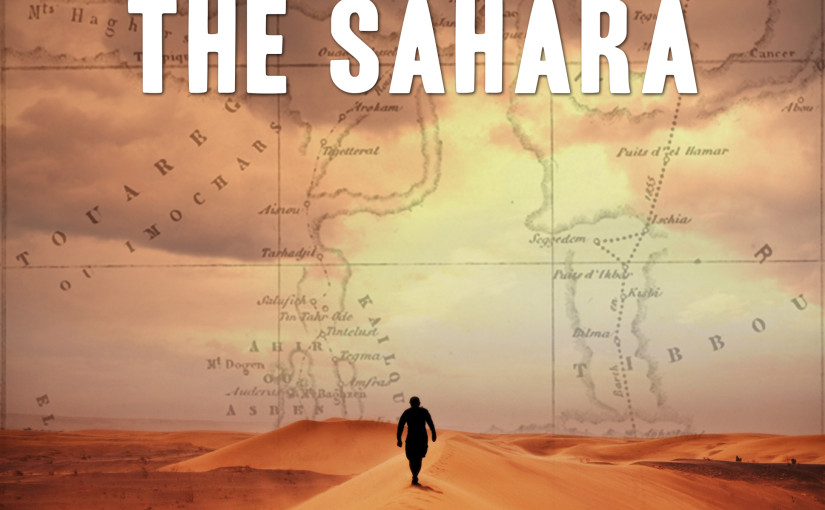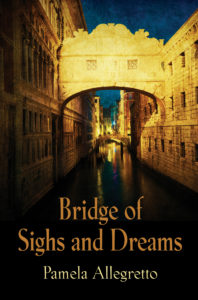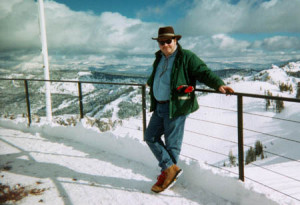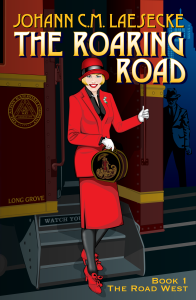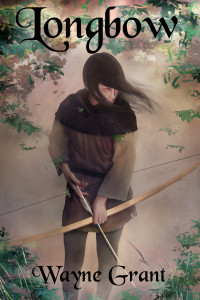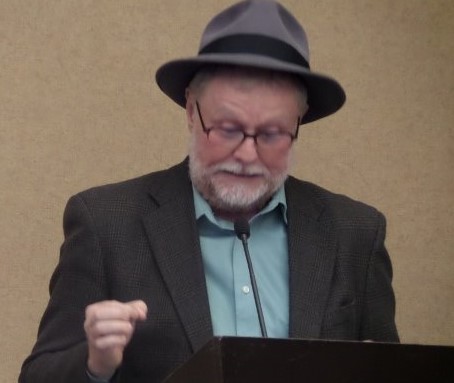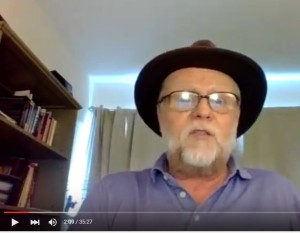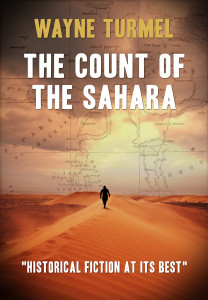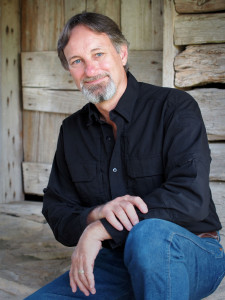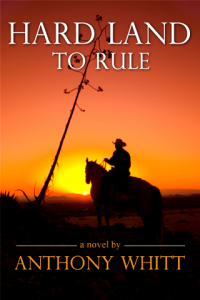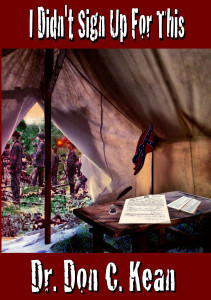One of the beauties of historical fiction is finding yourself in a different time and place and totally making yourself to home. Just like in life, that rarely involves huge battles and famous people, sometimes you’d just like to live in a time when people don’t tread across your yard staring at their phones while looking for invisible creatures. A good writer can make you feel at home anywhere, even in a Scotland older than Sean Connery.
Lexie Conyngham, What’s the deal on you and the Letho of Murray series?

I’m a historian living North East Scotland, in the shadow of the Highlands. My Murray of Letho novels are born of a life amidst Scotland’s old cities and universities and hidden-away aristocratic estates, but I’ve been writing since the day I found out that people were allowed to do such a thing.
Beyond teaching and research, my days are spent with wool, wild allotments and a wee bit of whisky – and I’m fitting this interview in after a morning baking multiple batches of muffins for a church sale! (Editor’s note… that may be the single most Scottish sentence written since Robbie Burns declined killing that mouse.)
In a nutshell, what’s Death in a Scarlet Gown about?
It’s set in 1802. St. Andrews in Fife, an ancient Scottish university, is
wracked by murder. A vindictive professor, an uncouth student, and a man seeking ministry lie dead, but who wanted to kill them? Charles Murray, a student with enough problems of his own, is drawn into the mystery, where neither innocuous accidents nor good friends are all they seem. Death in a Scarlet Gown is the first in the Murray of Letho series, set in Georgian Scotland.
As a graduate of St. Andrews myself, I loved going back through the history of
that little grey town by the cold North Sea which its alumni miss so much.
Though the university is much bigger now, the centre of the town has not really
changed much in two hundred years! The later books are mostly set in Edinburgh and other parts of Fife, and in one case my hero heads off for India, but in the next Murray book I hope once again to return to St. Andrews (which of course is an excuse for a ‘research’ visit).
Whatever you have to tell yourself, Lexie. What is it about this time period that fascinates you?
I was living in Edinburgh when I first started to write the series, and working
in Edinburgh’s New Town which is a Georgian architectural wonderland. I’d had a Georgian dolls’ house when I was a teenager for which I tried to make furniture, and the styles and fashions had always fascinated me. When I started to look into the people of the period I was hooked: think somewhere between Jane Austen, Walter Scott and (the much-later of course) Dorothy L. Sayers for culture and manners. There was so much going on, too: the Napoleonic Wars, the aftermath of the Jacobites, massive advances in science and medicine, the British involvement in India, the madness of King George III: there’s almost too much!
Without spoilers, what’s one of your favorite scenes in the book?
About halfway through there’s a nice little fist fight, which like all
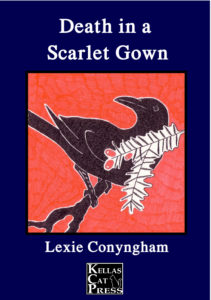
unprofessional fist fights does not go smoothly. Writing action scenes doesn’t
come naturally to me, and I greatly admire those who can convey the detail of a
fight without losing the force of the action, but I think this one went quite
well in the end. Though the conflict is based on a massive misunderstanding, it
says a good deal about the characters involved without much in the way of
dialogue, and is, I hope, also quite funny, though I don’t generally do much
slapstick! I prefer one-liners. There’s one terribly sad scene, too, and while I
was quite pleased with it, it is too sad to be a favourite. It still makes me
cry.
Where can people find you and the Murray of Letho series?
Where can people find you and your book (links to Amazon page, Goodreads,
Twitter, Blog whatever)
You can find the books on Amazon
I have pages on Goodreads and Facebook:
Find my blog at www.murrayofletho.blogspot.co.uk, and there’s a Pinterest page
for each book in the series, too: https://uk.pinterest.com/lexieconyngham/
